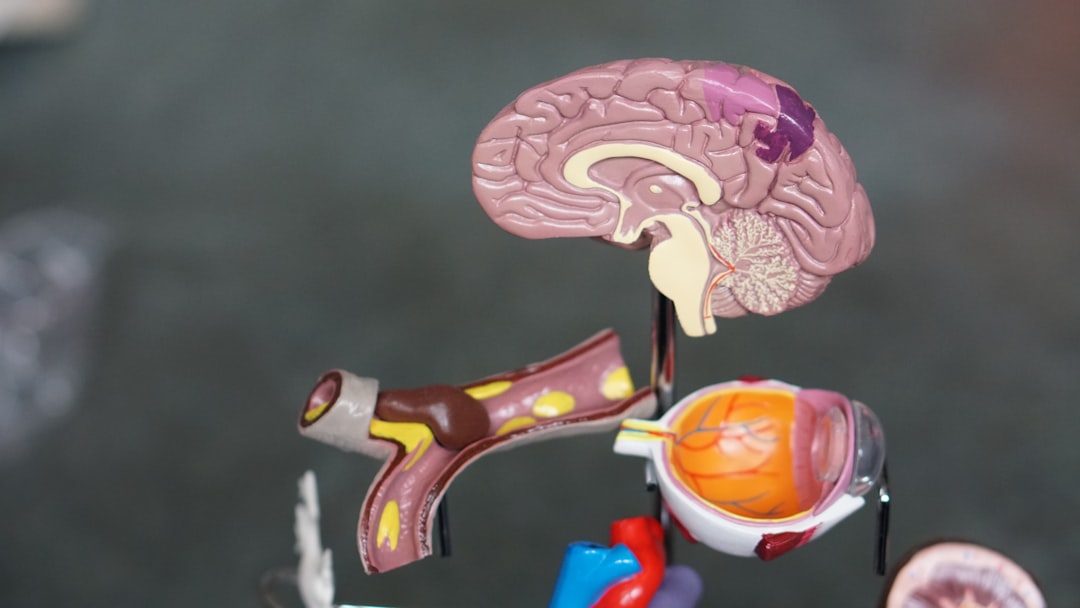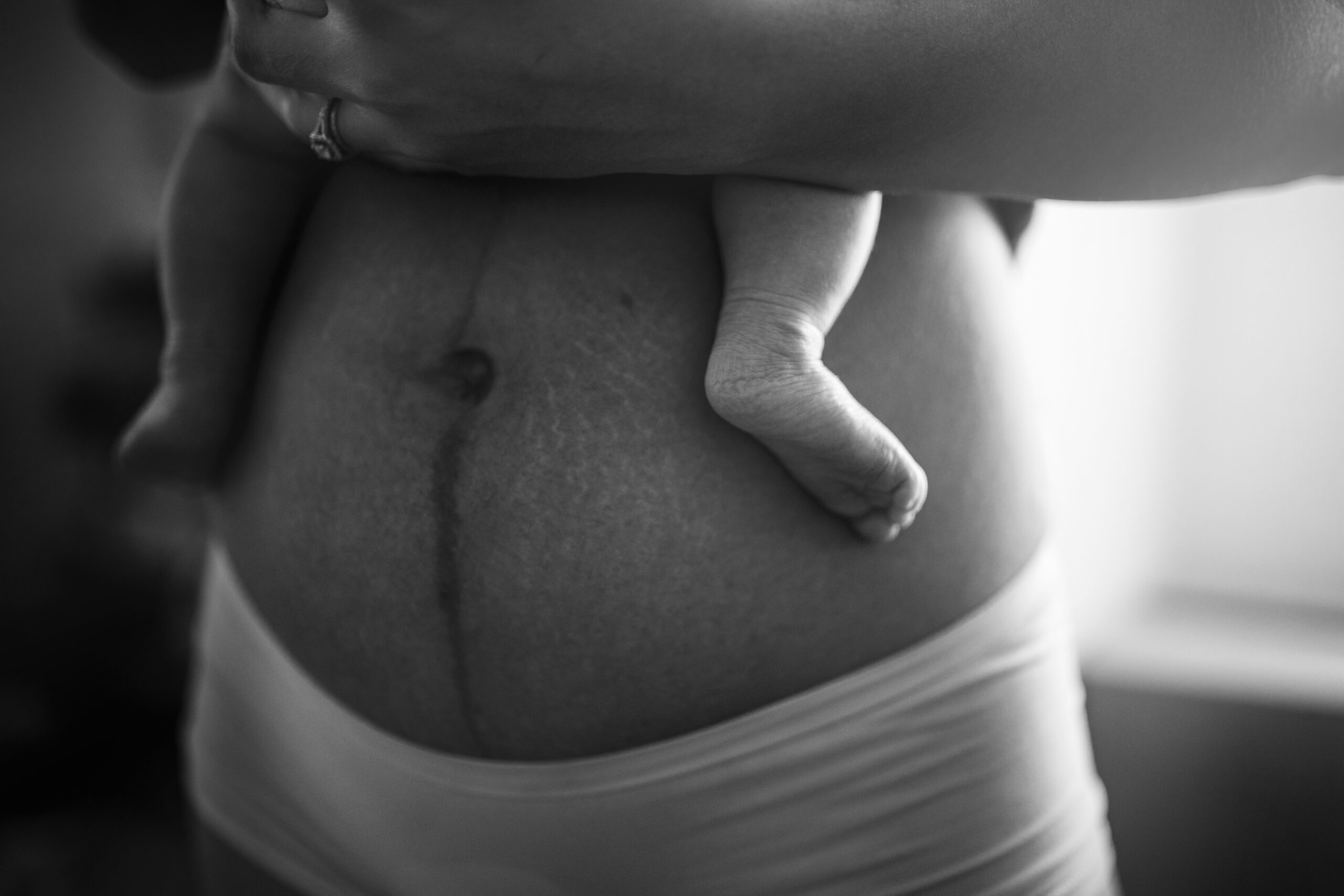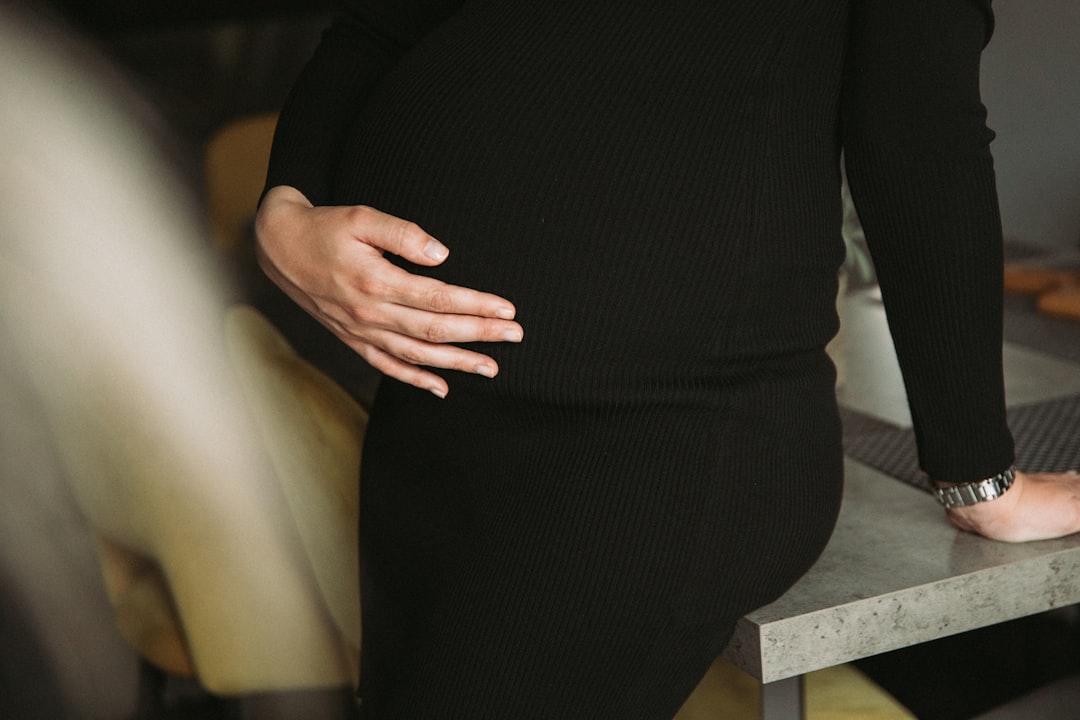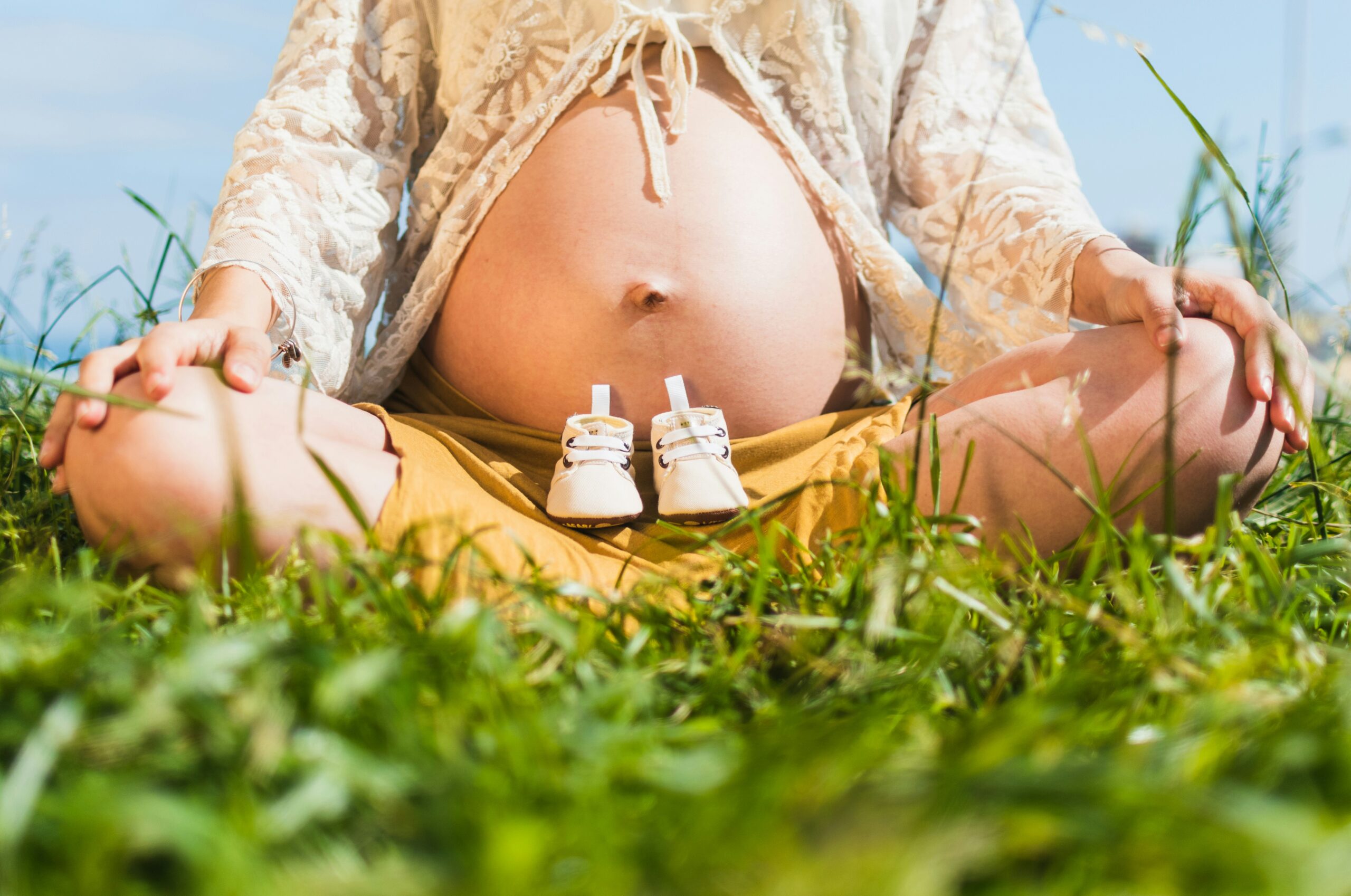Category: Wisdom of Healing
Postpartum loneliness: Why it happens and how to find connection
When the nursery is finally set up and your baby has arrived, there’s an expectation of pure joy. Yet for many new mothers, a different reality emerges – one where despite having a tiny human who needs you constantly, you feel surprisingly alone. This paradox of being needed around the clock yet feeling isolated is postpartum loneliness, and if you’re experiencing it, you’re in remarkably common company.
Pregnancy Brain Fog: Why It Happens and Tips to Stay Sharp
Ever put your phone in the refrigerator or forgotten a word mid-sentence during pregnancy? You’re not alone. “Pregnancy brain” or “mommy brain” isn’t just a myth—it’s a scientifically documented phenomenon affecting approximately 80% of expectant mothers who notice changes in memory, focus, or thinking during pregnancy or after birth.
Postpartum recovery essentials: what every new mom needs at home
The moment you bring your baby home marks the beginning of an incredible journey—not just for your little one, but for your healing body as well. The postpartum period brings physical and emotional changes that require proper care and support. Having the right essentials at home can make this transition period much more manageable, regardless of your individual recovery path.
Postpartum mood swings: what’s normal and when to seek help
One moment you’re gazing at your newborn with overwhelming love, and the next you’re sobbing because you can’t find your phone (which is in your hand). Sound familiar? You’re experiencing postpartum mood swings—a rollercoaster that most new mothers ride in the weeks following childbirth.
Postpartum body image: Rebuilding confidence after birth
The journey through pregnancy transforms a woman’s body in profound ways, but what happens after birth often takes new mothers by surprise. As your body shifts into its postpartum state, you might find yourself facing unexpected emotions about your changing appearance—a completely normal yet challenging aspect of new motherhood that deserves more honest conversation.
Postpartum core recovery: Gentle steps to rebuild strength
Have you recently given birth and noticed your body feels different? That once-strong core now feels like jelly, and simple movements that used to be effortless now require conscious effort. You’re not alone—pregnancy and childbirth fundamentally transform your body’s center of strength.
Postpartum anxiety: what it looks like and how to cope
Having a baby brings joy, but it can also trigger unexpected feelings of worry and fear. While many new mothers experience the “baby blues” — which affect approximately 70-80% of all new mothers and typically begin 2-3 days after birth with feelings that come and go — some face a more persistent challenge: postpartum anxiety.
Pregnancy Leg Cramps and Swelling: What Helps and What Doesn’t
Are you waking up at night with sudden, painful leg cramps? Or perhaps you’ve noticed your ankles disappearing as the day progresses? You’re not alone. These uncomfortable symptoms are extremely common during pregnancy, especially as you enter your second and third trimesters.
Self-compassion in the postpartum journey: why kindness matters
The birth of a baby brings joy, but also unprecedented challenges. For many new mothers, the postpartum period becomes shadowed by unrealistic expectations—particularly the pressure to “bounce back” physically and emotionally. Yet amid the sleepless nights, healing bodies, and hormonal shifts, one powerful resource often goes overlooked: self-compassion.
Pregnancy headaches: What causes them and safe ways to relieve
Pregnancy brings many changes to your body—some welcome, others less so. If you’re experiencing headaches during pregnancy, you’re not alone. Headaches are a common companion for many expectant mothers, affecting up to 80% of women with a history of primary headaches during pregnancy, though many see improvement by the second trimester according to research in [American Family Physician](https://www.aafp.org/pubs/afp/issues/2023/0700/practice-guidelines-headache-pregnancy-breastfeeding.html).










